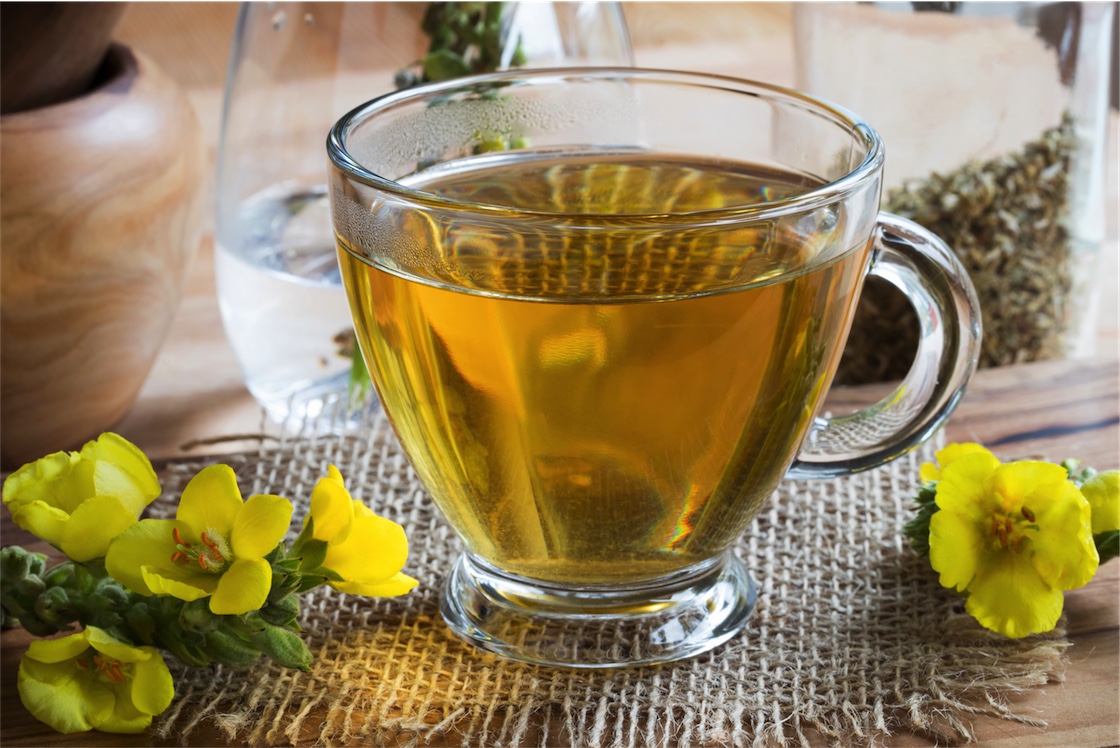Diet tips and herbs to help you breathe better
With the 2019/20 Australian bushfire season being the most devastating on record, air pollution from the smoke is posing a significant public health risk. The air quality in many parts of Australia has frequently risen to hazardous levels. Some people have equated it to smoking a packet (or more) of cigarettes a day.
Although our respiratory system is designed to deal with small amounts of particulate matter, currently, even healthy lungs are struggling under the excessive load.
High levels of air pollution make it extremely difficult (and dangerous) for those with an existing respiratory illness such as asthma. However, the duration and intensity of the current poor air quality are affecting even those with healthy lungs. Many clients attending my Sydney clinic have developed chronic coughs as their lungs try to expel the toxic material.
Following are some suggestions for supporting lung health when air pollution levels are high.
Limit exposure
The current public health warnings offer recommendations on limiting exposure, including:
- Staying indoors/preferably in air conditioning during times of poor air quality
- Avoiding exercise outdoors
- Wearing protective masks to filter out large particulate matter
- If you have a respiratory condition, ensuring you are taking your preventative medication and carrying relievers with you at all times. You may need to check in with your doctor to ensure your care plan is appropriate for the conditions.
Natural support for lung health
The following suggestions include lifestyle, nutrition and herbal medicine support for lung health. These interventions aim to improve lung strength and function in the medium to long term. Best results will come with consistent application.
Caveat on safety
These tips are not a substitute for medications used to manage your respiratory condition. Always seek medical care if you are having difficulties breathing.
Nasal breathing
“The nose is for breathing and the mouth is for eating.”
We have a natural air purifier we are carrying around with us all the time – our nose. The nasal passages contain a forest of small cilia and mucous membranes which trap particulate matter and airborne allergens.
Nasal breathing also triggers the production of nitric oxide. This natural produced gas is anti-inflammatory, relaxes smooth muscles, calms the nervous system and is a natural bronchodilator.
If you’re new to nasal breathing, begin with short sessions. Sit in a relaxed position and breathe gently in and out through your nose. You may also want to explore breath retraining techniques such as the Buteyko Method, the Pap-worth Method, and yogic pranayama.
This article provides a detailed yet accessible overview of the benefits of nasal breathing.
Saline nasal rinse
Under normal conditions, your nasal passages should be a self-cleaning machine; however, with excessive air pollution, these mechanisms can get overwhelmed. Some extra support may be useful to help clear the filters.
Nasal irrigation is a simple and effective way to do this. The idea is you flush your maxillary sinuses out using a Neti pot or a nasal irrigator.
You can either use a pre-bought saline rinse or make one yourself. If you do make your own use water than has been recently boiled (and cooled) to ensure it’s sterile. A saline solution makes it more comfortable.
Instructions for nasal irrigation
Nutrition for healthy lungs
The lungs exposure to environmental pollution and allergens means they have a high requirement for antioxidants. The best way to get your dose of antioxidants is through a healthy diet. As a rule of thumb, if you “eat the rainbow” of brightly coloured fruits and vegetables that’s a solid start.
Specific nutrients for lung health and where to find them
Beta carotene
Carrots, sweet potato, capsicum, mango
Vitamin A
Apricot, carrots, egg yolk, fish liver, leafy green vegetables, mint
Vitamin C
Berries, broccoli, cabbage, citrus, kiwi fruit, guava, parsley, pineapple, rosehip tea
Zinc
Oysters, Lean meats, fish, pumpkin seeds, sunflower seeds, whole-grain cereal
Quercetin
Apples, onions, black and green tea, brassica vegetables, buckwheat, citrus fruits (with pith), berries
Omega 3 fatty acids
Oily fish (salmon, herring, mackerel, sardines), chia seeds, leafy green vegetables, grass-fed meat and eggs
Other
Ginger and garlic are both anti-inflammatory and help thin mucus
Foods to avoid
- Highly processed foods and those high in sugar will increase inflammation.
- The metabolism of alcohol depletes glutathione the number one lung antioxidant that your body produces. It also depletes zinc.
Herbal medicine for lung health
There are many herbs supportive of lung health. Here are a few that when taken regularly, can help improve the health and increase the resilience of the respiratory system.
** If you are on pharmaceutical medication or a pregnant or breastfeeding, please check with a health-care professional if these herbs are suitable for you.
Elecampane (Inula helenium)
Before modern asthma medicines, Elecampane was traditionally used for advanced respiratory illness chronic bronchitis and asthma.
Elecampane is a lung tonic herb which can gradually strengthen the lungs. Its action is slow and steady and needs to be used for a while to get the full benefits.
Elecampane is generally safe and well-tolerated. Very high doses can cause digestive upset. Women who are breastfeeding should avoid this herb.
Mullein (Verbascum Thapsus)
Mullein is an expectorant that helps ease a chronic cough, especially those that get worse at night. It relaxes and calms irritated airways.
In cleaning the lungs, initially, you may experience an increase in coughing as mullein assists the body to expel mucus.
It is safe and well-tolerated. Mullein is ok to use in pregnancy and while breastfeeding.
Aniseed (Pimpinella anisum)
Aniseed is another lung cleaning herb has been used to help clear mucus since Hippocrates was a boy. It relaxes and opens the bronchial tubes.
Aniseed has a strong taste, and only small amounts are needed.
Fennel could be substituted for aniseed. It is not as strong but has similar actions.
Aniseed is a safe herb including for pregnancy and breastfeeding. It is often used in nursing tea formulas to increase milk supply.
Marshmallow (Althea officinalis)
The roots of marshmallow contain soothing and anti-inflammatory mucilage which relieves a ticklish throat and bronchial spasm.
If used long term, marshmallow may help relieve the tendency to shortness of breath.
Marshmallow is a very safe herb and can be used by both pregnant and breastfeeding women.
How to use the herbs
The herbs mentioned above work well in an infusion. A suggested ratio would be:
- 1 part elecampane
- 1 part mullein
- 1 part marshmallow
- ½ to ¼ part Aniseed
For every 250ml of boiling water, use one tablespoon of the above mix and let steep for 10-15 minutes.
Have 1-2 cups per day.
These are my tops tips to support your lung health in an era where we are increasingly exposed to airborne pollution from both modern lifestyles and natural disasters.

Need help with
Norelle Hentschel is an experienced Naturopath with a clinic in Stones Corner, South East Brisbane and also offers Telehealth consults Australia wide. She enjoys supporting her clients to reach their health goals.
Want more articles like this?
Receive a monthly digest of natural health information to help you become “health” sufficient!
PS. Your inbox real estate is precious, and we will never annoy you with sales pitches or share your details with anyone else. One email a month — that’s it.



